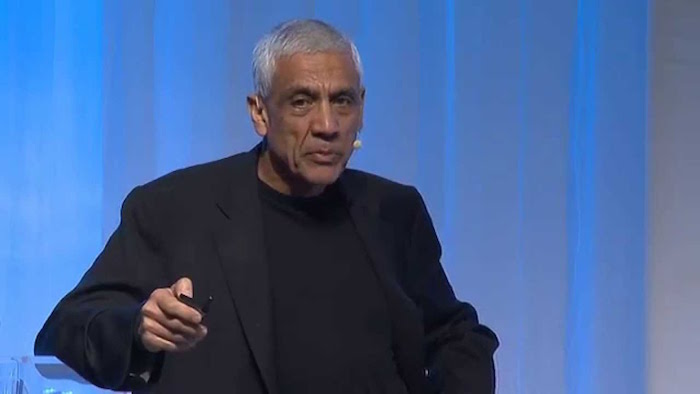On February 1st, 2016, after two years of failed attempts, the United States (U.S) Congress passed H.R. 2548, The Electrify Africa Act of 2015, to improve access to affordable and reliable electricity to Sub-Saharan Africa. The bill now makes its way to President Obama to sign it into law.
Read the section by section summary from the House of Foreign Affairs Committee on the bill. You can also watch the 2014 congressional session on the bill. It begins at the 6:40mark.
H.R. 2548 (Electrify Africa) Section-by-Section Summary
Sec. 1 Short Title. The Electrify Africa Act of 2014.
Sec. 2 Purpose. To improve access to affordable and reliable electricity in sub-Saharan Africa.
Sec. 3 Findings. Almost 70% of the population in sub-Saharan Africa (589 million people) does not have access to electricity. Roughly 30 African countries face endemic power shortages. Business leaders in the region say this lack of affordable and reliable power is one of the biggest constraints to economic growth. It also presents serious environmental and health risks.
Sec. 4 Statement of Policy. Declares the United States, in consultation with sub-Saharan African governments, will encourage: (i) the installation of an additional 20,000 megawatts of electrical power in the region by 2020, (ii) the provision of first-time access to electricity for at least 50 million people by 2020, and (iii) any reforms necessary to facilitate these goals. Declares that U.S. policy encourages private sector and international support for the construction of hydroelectric dams that offer low-cost clean energy.
Sec. 5 Development of a Comprehensive, Multiyear Strategy. Requires the Administration to create a multiyear strategy to develop an appropriate mix of power solutions, including renewable energy, in order to provide access to electricity in sub-Saharan Africa. Requires the President, within 180 days of the bill’s enactment, to outline this strategy to Congress in a report detailing, among other things: (i) strategy objectives, (ii) criteria for selecting partner countries, (iii) plans to attract public and private-sector investment, (iv) plans to coordinate with local governments to localize responsibility for long-term management and maintenance, (v) a list of U.S. agencies involved in implementation, and (vi) mechanisms for monitoring the strategy’s implementation.
Sec. 6 USAID. States that USAID should prioritize loan guarantees and research grants that will facilitate power projects in sub-Saharan Africa. Encourages USAID to consider providing grants to support and expand electricity access.
Sec. 7 Leveraging International Support. States that U.S. representatives to appropriate international bodies should encourage those bodies to: (i) increase efforts to promote investment in the sub-Saharan electricity sector, (ii) coordinate with private sector actors for increased electricity access, and (iii) assist sub-Saharan African governments in removing regulatory barriers to investment in commercially viable electricity projects.
Sec. 8 Overseas Private Investment Corporation. Requires the Overseas Private Investment Corporation (OPIC) to prioritize investment in the sub-Saharan electricity sector, and to expedite review of electricity projects in the region. Amends existing law to (i) require a bipartisan board, in that no more than five of eight Directors may be from the same political party, (ii) establish a temporary investment advisory council to assist OPIC in developing energy programs in sub- Saharan Africa, (iii) reauthorize OPIC until 2017, and (iv) require the appointment of an OPIC Inspector General. Requires OPIC to publish, in digital form, a list of investments and their impact at the community level.
Sec. 9 Trade and Development Agency. States that the Director of the Trade and Development Agency should promote private sector participation in energy sector projects in sub-Saharan
Africa, including through feasibility studies and pilot projects, and seek opportunities to fund projects that increase access to electricity.
Sec. 10 Progress Report. Requires the President, within three years of this bill’s enactment, to submit to the House Foreign Affairs Committee and the Senate Foreign Relations Committee, and post in digital form, a report detailing progress towards the bill’s goals, along with any associated costs of implementation.
Photocredit: One.org
Founded in 2007, Ladybrille® Magazine is a California based pioneer digital publication demystifying the image of Africans in the west through contemporary African fashion and celebrating the brilliant woman in business and leadership, with an emphasis on the African woman in the diaspora. Our coverage includes stories on capital, access to markets, expertise, hiring and retention, sales, marketing, and promotions.





